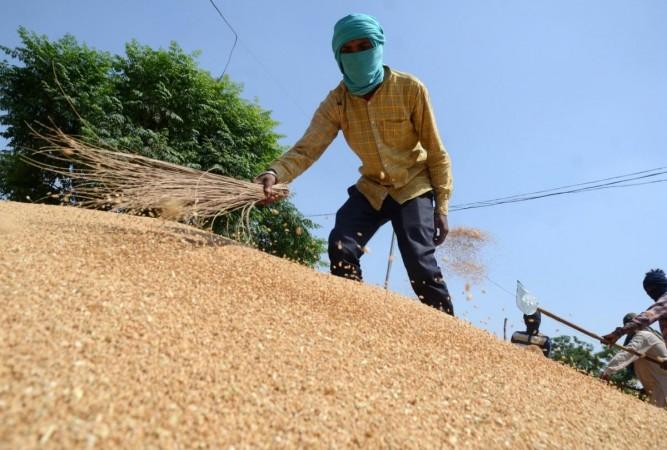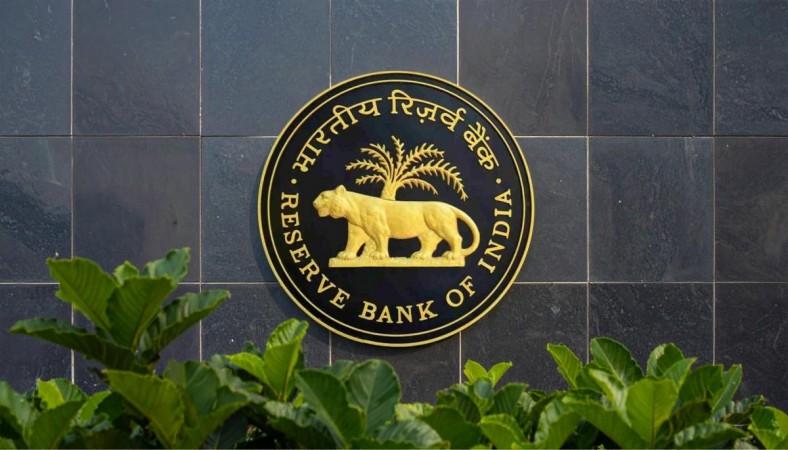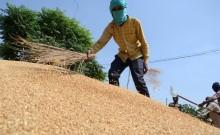
According to government data released on Monday, India's yearly retail inflation reached an eight-year low of 1.54% in September, driven by a reduction in food prices. This drop opens up the possibility of the central bank slashing rates further during its December meeting.
The recorded figure was beneath the 1.7% forecast from a Reuters poll and marks the lowest inflation rate since June 2017, when it was at 1.46%. It depicts a significant decline from August's 2.07%. Notably, this is the second time in three months that inflation has dipped below the Reserve Bank of India's 2%-6% acceptable range, having done so in July as well.
The RBI is entrusted with the responsibility of maintaining inflation within the 2%-6% bandwidth for not more than three consecutive quarters. In light of current conditions, it is anticipated that the central bank will announce a 25-basis-point rate reduction in December, as proposed by Aditi Nayar, ICRA's Chief Economist.
The exact timing of the rate cuts, however, hinges upon the smooth transmission of previous cuts and the potential economic impact of recent tax reductions and U.S. tariffs. While the RBI has already reduced rates by 100 basis points this year, the policy rate remains unaltered at 5.5% following the October review, with an indication of a possible cut in December.

The decline in September's inflation rate is primarily attributed to a favorable base effect and reductions in the prices of various food items like vegetables, oils, fats, fruits, pulses, cereals, and eggs, as outlined in the government's statement. Food prices experienced a year-on-year drop of 2.28% in September, a significant decrease from the revised 0.64% decline in August. Vegetable prices specifically saw a substantial 21.38% fall after a 15.92% drop in the previous month. As a result of softer food prices, the RBI has revised its inflation projection for the fiscal year to 2.6% from the earlier 3.1%.
Excluding volatile elements such as food and energy, core inflation stood at 4.5% in September, up from 4.1% in August, according to two economists. Factors like rising gold prices and housing expenses contributed to this increase in core inflation. Bank of Baroda's Chief Economist Madan Sabnavis remarked that the recent consumer tax cuts, effective since September 22, are likely to drive down core inflation starting from October.
Despite U.S. tariffs on Indian goods, the tax adjustments by Prime Minister Narendra Modi across various consumables are forecasted to offset any adverse impact on economic growth and inflation during the festival season spanning September to December.
In a positive development, the central bank updated its economic growth projection to 6.8% from 6.5%, placing India at the upper end of the government's forecast range of 6.3%–6.8%. This growth rate positions India as one of the fastest-growing major economies currently.

















